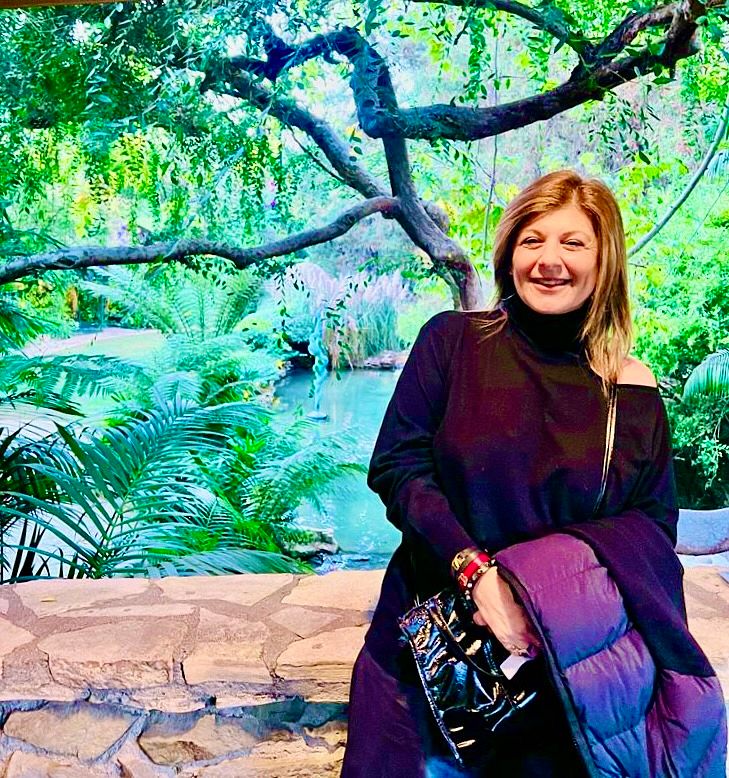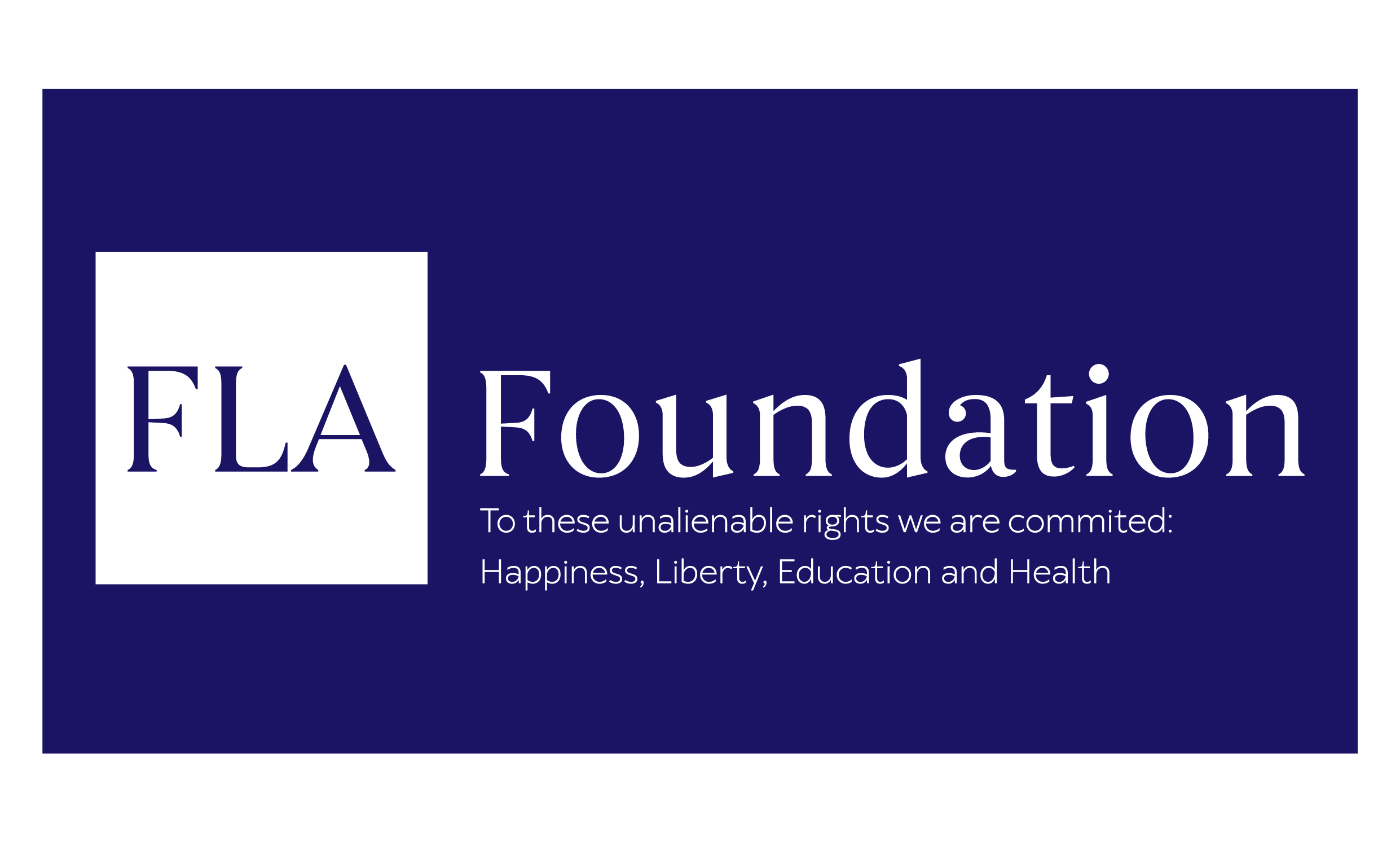

To mark the 50th anniversary of the start of the Lebanese Civil War (1975-1990), Agenda Culturel will be publishing “Between Amnesty and Amnesia, where is the Memory of the Civil War?” a series of articles. This forum will provide a space for people to share memories, feelings, wounds and scars (some still painful) left by the Civil War. The questions are aimed at anyone wishing to share their testimonies, experiences and thoughts in a climate of dialogue and awareness-raising, to help prevent a return to violence.
Testimony of Janane Feghaly, Executive Producer, Media Consultant, University Professor Film and Television
When you think back to the Civil War, what vivid memories or stories come to mind? Whether experienced directly or passed down by family and friends, how have they shaped your identity?
When the war erupted, I was only seven years old. I can still recall the day we left Ghazir, in Ftouh Kesserwan - where we had friends, neighbors, and the comfort of school. We went to Feghal, our ancestral village in the Jbeil District, a place my parents hoped would shield us from the chaos, a sanctuary away from the violence. The decision was made to protect my two brothers, just 15 and 16 years old, from the madness of the times, to keep them safe and to prevent them from engaging with any parties and from the factions that had torn our world apart.
Amidst that turmoil, I came to understand the true meaning of solidarity, the deep sense of being sheltered by your community. Feghal became our haven, a place where the embrace of its people provided a sense of warmth and security. In that village, I learned at a young age that the concept of a country is distinct from the essence of a homeland. But no matter how strong the shelter was, it could not withstand the force of the storm. One by one, the youth of our village—especially my siblings—left in search of safety and a better future.
I will never forget the sight of my parents’ tears as each of their children departed. My father and mother would hold onto pieces of their clothes, inhaling the familiar scent, clinging to them as if the fabric could somehow stitch their broken hearts back together. They always held on to the hope that the war would end, that one day their children would return home. But sadly, that hope was never realized. The war never ceased, and the dream of reunion faded, swallowed by time and sorrow, leaving only an enduring ache.
Has the Civil War left any marks on your life today? If so, what are they?
Of course, it left lasting scars that still affect me today. I feel a surge of panic whenever I witness a street fight, as it brings back a memory from my early childhood. When I was in the infant department, I used to take piano lessons during lunch breaks. One day, while I was playing with my teacher beside me, four or five masked men suddenly burst into the room, searching for two teachers. I vividly remember my teacher pulling me close, shielding me with her arms, and shouting at them to leave. They eventually did; having found nothing they were looking for. Yet, the image of them jumping through the classroom windows remains etched in my mind to this day.
I also cannot bring myself to enjoy fireworks—their loud explosions and the chaotic atmosphere they create unsettle me deeply, awakening echoes of that fear.
In your moments of reflection, how do you express or process your thoughts and feelings about the war? Is it through conversations, artistic works, silence, or other means?
I’ve read extensively about Lebanon’s history, the Arab region, and various articles and interviews because I truly believe that understanding history is essential to navigating the present and shaping the future. I often share the story of Lebanon, of the war, and the journey we’ve been on since 1975 with my non-Lebanese friends and colleagues. I take every opportunity to show them how proud I am to come from a country that taught me what it truly means to be human.
Have the wars of 2006 and 2024 brought back memories, reflexes, or emotions from the Civil War?
In 2006, I was traumatized once again, but this time, my fear was doubled. Now, I had a family - two little girls to protect. My responsibility was to ensure they could live without the terror of bombings. I didn't want them to experience the same horrors I had, to see history repeat itself. So, I decided to move forward with the immigration process I had started in 2001, though I had never completed it before. Deep down, I didn’t want to leave, but in the face of the 2006 war, I made my choice.
By 2024, I couldn't believe it. "Oh my God, not again, please, we can't do this anymore." The only words I could utter were "KHALAS, please, KHALAS." Enough is enough. We can't anymore. Literally, we can't.
When you recount your memories of the war to younger generations, what message(s) do you want to convey?
I want them to truly understand the essence of Lebanon. Once they do, their allegiance should be solely to the principles of the state—nothing beyond that. The state must be their protector and the guardian of their interests. If it fails, they must raise their voices without hesitation. They should never rely on any party, group, or individual; their loyalty must always be to Lebanon above all else. I want them to embrace unity, strength lies in solidarity "L'union fait la force".
Today, thirty-five years after the end of the Civil War, and after more than five years marked by violent and painful crises, how do you envision Lebanon's future? What role do you see yourself playing in shaping that future?
I don’t know; I’m torn with mixed emotions. I truly can’t say. I want to keep the hope alive, to believe that one day Lebanon will be free from fear and war, and that we’ll reclaim our pride among nations. But we’re exhausted—too tired to keep fighting. Our generation has fought enough, and now, it’s time to simply enjoy the country we love. Yet, I find myself constantly wondering how we can move forward with these corrupt forces who have held power for so long. Still, we must press on—clinging to hope, smiling, spreading optimism, and trusting in our country.
Would you like to add anything?
What we need is to strive for a true homeland, not just a country.
Lire les autres témoignages ici.
Si vous désirez vous exprimer et témoigner, cliquez ici
